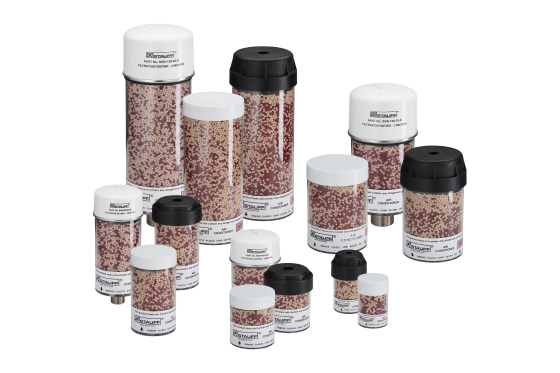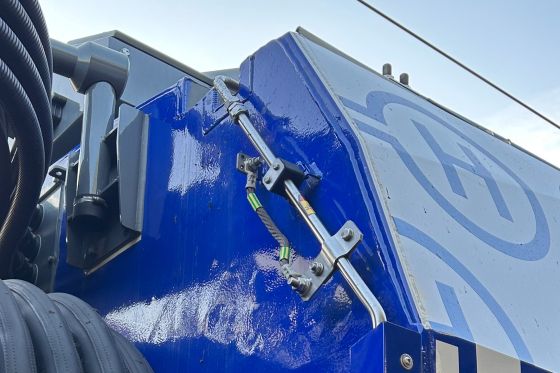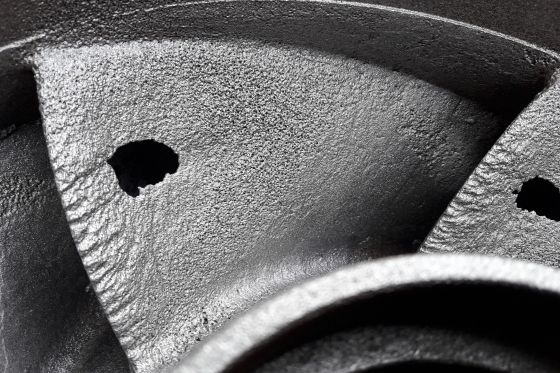In which applications should a dehumidifier be the preferred option?
Episode 8 of the STAUFF Miniseries "Is Your Hydraulic System Breathing Properly?"
In tropical regions with high levels of humidity, in maritime applications or virtually everywhere? When is it advisable to install a dehumidifier on the ventilation opening of a hydraulic reservoir? The installation location does indeed play a role, as does the application of the hydraulic system. The STAUFF experts show you what to look out for:
Did you know: You can turn on subtitles by clicking the CC button at the bottom of the video.
Watch this and all other episodes of this STAUFF Minseries on Youtube instead.
Is a dehumidifier necessary for all mobile and stationary hydraulic systems?
Moisture can damage the hydraulic system. That is why dehumidifiers are part of the standard equipment in many hydraulic systems. As a simple and cost-effective system component, they hold back the moisture content in the air.
When do I need one of these dehumidifiers – and when not? The fact is: All hydraulic reservoirs have to be ventilated, because the volume of the hydraulic oil in the reservoir fluctuates. You could say that in locations with relatively dry air (e.g. in many factory workshops), the focus is on removing solid contamination particles such as dust from the air. That is the task of filter breathers. Dehumidifiers become more important as the ambient air becomes more humid.
STAUFF International for requirements all over the world
That is why STAUFF subsidiaries in Brazil, India, New Zealand, Thailand, Vietnam and Singapore, for example, sell more dehumidifiers than those in Europe, on a proportional basis. The relative humidity – i.e. the saturation level of moisture in the air, measured as a percentage of the maximum value – is simply higher in these countries.
But the application is equally as important. The hydraulic reservoirs of mobile machines in mining should be equipped with dehumidifiers, just like stationary systems in humid environments, for example in the paper industry.
Drying the air that enters the reservoirs is also imperative on ship and lock hydraulics, as the humidity level is always high for systems installed close to or in the water.
As with other components from the STAUFF range, the use of the dehumidifiers is not restricted to hydraulics alone. The compact breathers are used in bulk goods handling, for example, such as in storage tanks for media that must not come into contact with moist air.
Another application comes from the field of renewable energy sources: One STAUFF customer manufactures wind turbines, where the large gearboxes are equipped with dehumidifiers. The high quality and the low-maintenance operation over long periods of time are the aspects in favour of the STAUFF components in this case. After all, service work on these installations is never “just a quick job”.
Do you already use dehumidifiers in hydraulic systems?
Then share your experiences and leave a comment below this post.

Newsletter Subscription
Receive automatic e-mail notifications about new posts on the STAUFF Blog








